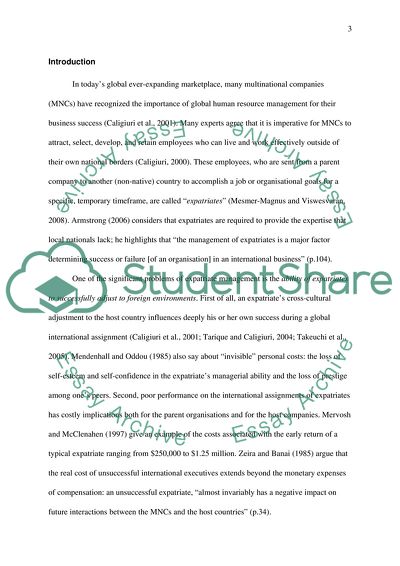Cite this document
(A Potential Competitive Advantage for Multinational Corporations Essay, n.d.)
A Potential Competitive Advantage for Multinational Corporations Essay. Retrieved from https://studentshare.org/human-resources/1736798-find-appropriate-titel
A Potential Competitive Advantage for Multinational Corporations Essay. Retrieved from https://studentshare.org/human-resources/1736798-find-appropriate-titel
(A Potential Competitive Advantage for Multinational Corporations Essay)
A Potential Competitive Advantage for Multinational Corporations Essay. https://studentshare.org/human-resources/1736798-find-appropriate-titel.
A Potential Competitive Advantage for Multinational Corporations Essay. https://studentshare.org/human-resources/1736798-find-appropriate-titel.
“A Potential Competitive Advantage for Multinational Corporations Essay”, n.d. https://studentshare.org/human-resources/1736798-find-appropriate-titel.


